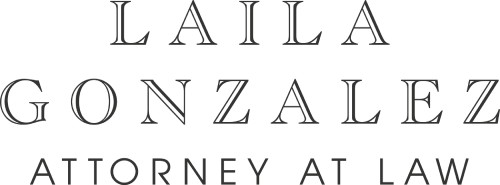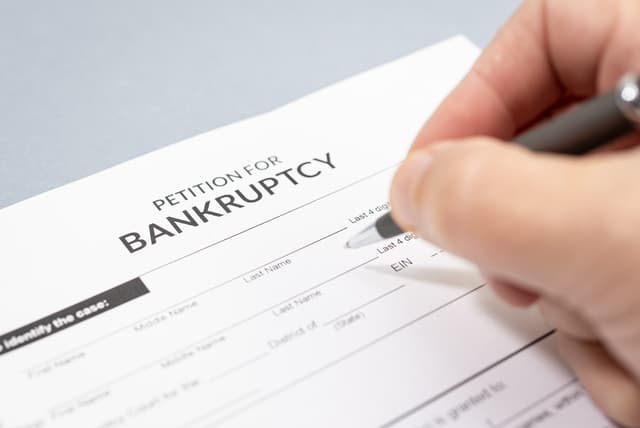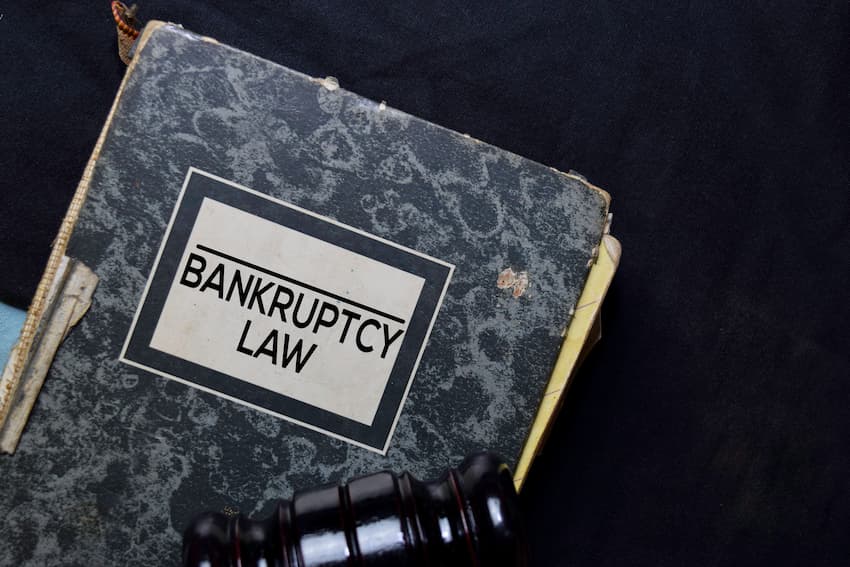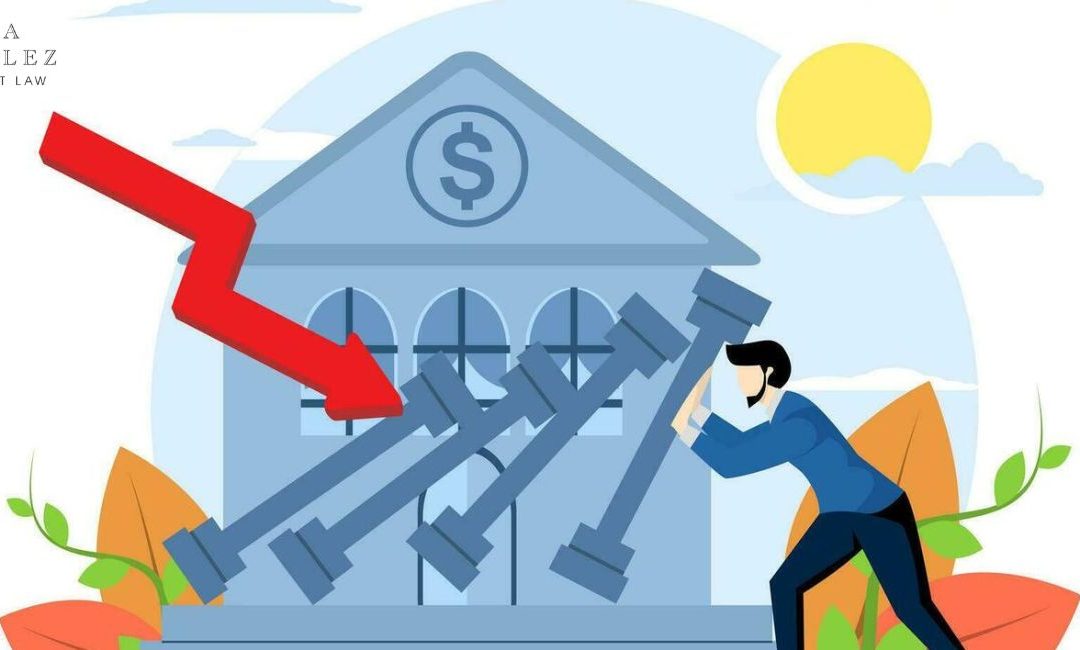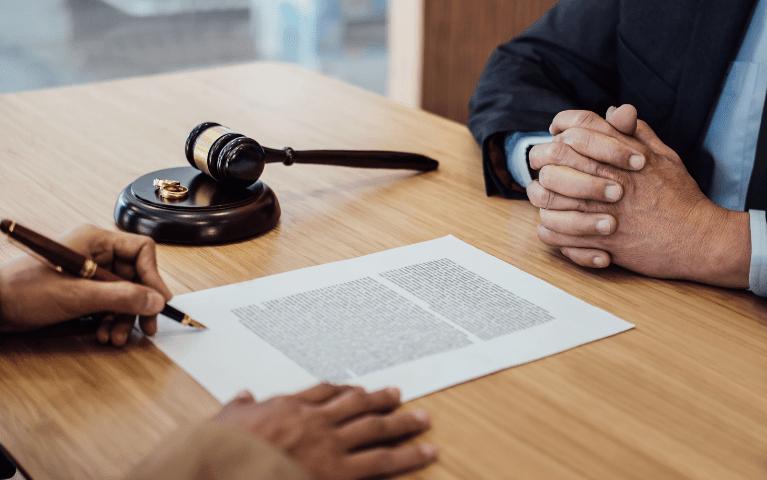Guide to Different Types of Bankruptcy
Bankruptcy…quite a scary word, isn’t it? Yet it’s not as bad as people make it out to be, and there are plenty of tips on bankruptcy out there that you can utilize. Primarily it is there to be used as a sort of legal instrument to help out those struggling to pay their debt. The proceeding itself is governed by federal law (U.S. Bankruptcy Code), and as such, the bankruptcy court is a federal court. In any case, it is not a decision that should be taken lightly. There are several types of bankruptcies that may look like the haphazardly slapped-together chapters in a disorganized novel, but there is rhyme and reason behind it. Below is our guide to different types of bankruptcy.
Chapter 7
Each type of bankruptcy refers to a specific section of the U.S. Bankruptcy Code. The two most common ones are Chapter 7 (also known as liquidation) and Chapter 13, so it stands to reason that these are the first two we shall be looking at. Chapter 7 is the most common type used by individuals. The word ‘liquidation’ will have probably clued you in on the fact that this means your assets will be sold to pay your creditors. Certain debts can be erased, such as medical bills, but things such as taxes, on the other hand, will always remain. Depending on the state and circumstances, some assets could be exempt from liquidation.
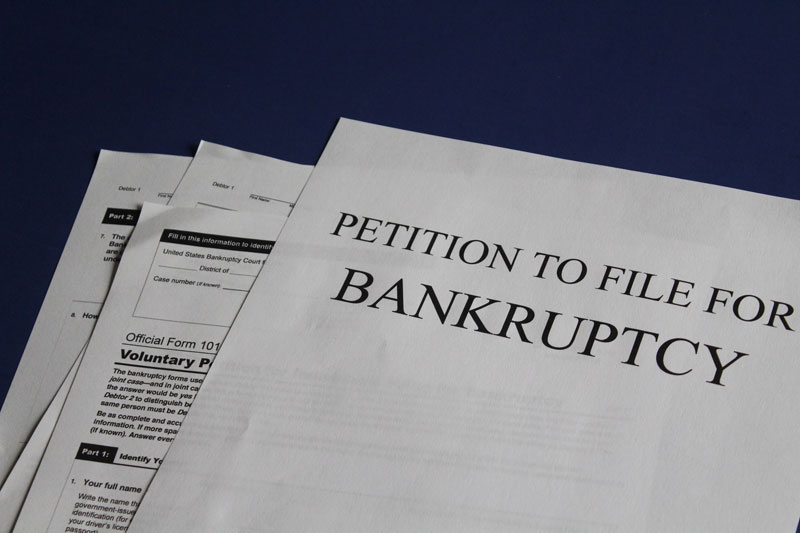
Paperwork needed for filing for bankruptcy.
Chapter 13
Also known as a repayment plan, it precisely does what it says on the tin. Your debt is not forgiven in this case but instead reorganized. A plan is made whereby you make monthly payments to cover your debts. For its duration, the court is able to monitor your spending and decide your budget. All restrictions aside, there are benefits. While the debt remains, so do your assets. You won’t have to sell your possessions. Being able to file for this type of bankruptcy depends on how high your secured and unsecured debt is. Remember, for both Chapter 7 and Chapter 13, this will remain on your credit report for ten years and seven years, respectively. Don’t worry; there are plenty of helpful ideas that you can use to rebuild your credit after bankruptcy.

Sometimes something can be salvaged from a seemingly hopeless situation with the right planning
Alt-tag: Men and women around a working table with files and charts in front of them.
Chapter 11
Sometimes the situation may seem so dire that you would just like to lock the front doors, call bigmansmoving.com to collect your things and relocate. Yet, that is why this one is so interesting. Also known as reorganization bankruptcy, there is a reason this form is a bit more favorable. People use it when there is still a chance to get things back on track. The ultimate idea of Chapter 11 is for the business to emerge healthy once again. So, what will be undergoing a reorganization? Everything from payment values to interest rates. The debtor keeps running the business while paying the creditor from generated profits. Still, as you can imagine, any major business decisions will need to be pre-approved by the court. All bankruptcy claims come with restrictions.
Chapter 12
It is also known as Family Farmers. Don’t worry if you raised an eyebrow at this one – most people do. It’s a niche. As you can imagine, it only affects family farmers and fishermen under financial distress. A plan is made whereby the creditors should be paid back in the next 3 to 5 years. The ultimate goal? To avoid unnecessary foreclosures where possible.

Avoid this being only a figurative sunset for the farm. Family Farmers bankruptcy can help you pull through.
Alt-tag: A sunset over a field of crops.
Chapter 15
Quite new and very specific, chances are you will never see this one in action. Applicable when there is more than one country involved, it is understandable why a need for this form cropped up. Namely, it’s a bridge connecting foreign debtors and, by extension, foreign courts with the U.S. bankruptcy courts.
Chapter 9
Municipalities. Once again, the name says what it covers. Simply put, it helps towns, cities, and similar to pay back what they owe. As it is very specific, we added it here to the very end to help round off our guide to different types of bankruptcy.
A Heading That Doesn’t Contain the Word Chapter
Now that’s a refreshing surprise! There is one thing that connects retirement to filing for bankruptcy; in both cases, downsizing seems like the most viable option. As we enter our twilight years, after having worked for so long and maybe came out winners after filing a Chapter 11, it is time to reap the benefits of our hard work. One way to do this is to move to a smaller home in a location of your choosing. Think carefully about where you want to move to; it should be a place where you can enjoy yourself to the fullest. If this means being close to family and friends or going to a more exotic location you have only ever dreamed about, it depends solely on you! By downsizing, you will get rid of everything that has been tying you down.
Final Chapter
Above is the complete guide to different types of bankruptcy. Even though most people associate this with failure and disaster, it does not have to be so. Whether you are an individual or approaching this from a business owner’s viewpoint, you need to think about what makes the most sense for you. Furthermore, you need to understand if you are eligible to file for a particular type of bankruptcy. Of course, we only briefly touched upon all the various types there are, and if you are taking this step, be sure to contact someone reliable who can help explain what it all entails and what nuances are involved. The process is lengthy. However, the above article is an excellent first step to preparing for it!
Freire & Gonzalez is an attorney’s office where the attorneys are involved with their clients from beginning to end. You, as the client, will not be passed off to secretaries or paralegals like at other bankruptcy law firms. The attorneys will meet with you, will return your phone calls, and will answer your questions. We provide services in English and Spanish.
Our lawyers will answer any bankruptcy question you might have during the free consultation. To request a free consultation, please contact us at 305-826-1774. Please browse through our website, read our bankruptcy FAQ and see if our firm can help you resolve your financial issues. Contact Us at our locations:
Bankruptcy Lawyers Fort Myers FL
Bankruptcy Lawyers Hialeah Myers FL
Bankruptcy Lawyers Cincinnat OH
Bankruptcy Lawyers Blue Ash OH
Bankruptcy Lawyers Hyde Park OH
